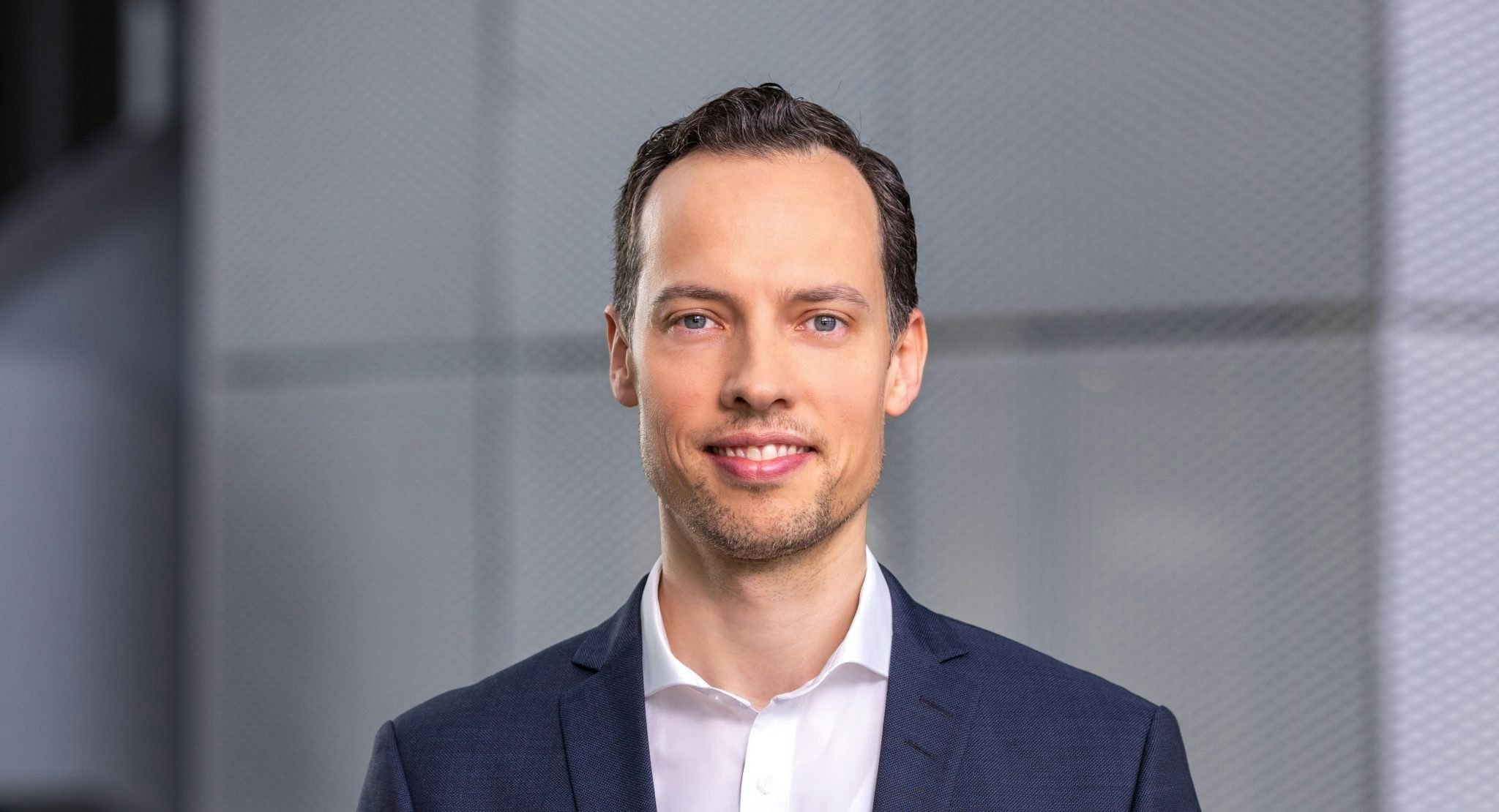When Teodor Blidarus, the CEO and founder of FintechOS, was first fundraising outside of his native Romania, he quickly realised that international investors looked at him differently to his peers from London or Silicon Valley.
“Coming from an eastern European background you get more scrutiny as an entrepreneur,” he says. Investors questioned his ability to create a product for western audiences, to build a global company and to hire the right people.
“I'm still puzzled that in the meccas of investment — the West Coast, the East Coast and London — you can get away with way more simplistic, idealistic or even naive business plans, just because you were born and bred there,” says Blidarus, who had been a successful entrepreneur before he started fintechOS. “The lack of belief in people from [central and eastern Europe] — it's still pretty real.”
That was in 2017. Now his startup, which enables businesses to set up embedded finance operations, has customers around the world. It raised €51m in its Series B in 2021 in a round led by Molten Ventures, a UK VC firm — and it changed its location. FintechOS is now headquartered in London and New York, not in Bucharest.
So, if you want your startup to become a global success, do you need to move out of the region? Or does the boom of remote work and omnipresent inflation mean times are changing?
Going global
Some of the biggest startup names from the region — Romanian software decacorn UiPath, Polish booking service Booksy and Hungarian slideshow maker Prezi — have moved their company’s headquarters (and founders) abroad, leaving just part of the team in CEE.
Some, like Bulgarian unicorn fintech Payhawk, were even pushed to move by investors, who weren’t willing to back a company based in a small and distant ecosystem without a strong rule of law.
Founders and VCs tell Sifted that CEE domestic markets are too small, so companies have to go international early. Western ecosystems are also perceived as being more exciting, and offer more business possibilities and a much wider client base. Founders usually move west because they want to be closer to potential clients and investors.
Blidarus says that for a company like fintechOS, having a presence in London, the most innovative financial hub in the world, has always been strategically important. But he also adds that startups have to “follow the money”.
The CEE region lacked domestic venture capital for years — and even today, there are barely any late-stage funds in the region. The value of transactions is also significantly lower than in the West — in 2022, none of the 45 European rounds above €250m involved a startup from CEE, according to Dealroom. Out of 133 European investments of between €100m-250m, only eight took place in the region.
Founders say that until recently, they felt that international investors didn’t really pay attention to this part of Europe and had little knowledge of what was happening on the ground.
“Investors are human beings as well,” Blidarus says. “The more you meet them, the more you can establish a trustful connection with them. It’s very useful to say, ‘Where are you based? Oh, London, I'm in London as well, okay, let's meet in two days.' And it starts from there.
“For them, there's also an element of trust. Investors will look at players from their markets, from their jurisdictions, because they know and understand those markets well.”
Some of the regional VCs also focus on startup founders who are happy to relocate. Michał Rokosz, partner at Polish VC firm Inovo, says that while in today’s world it's possible to attract the attention of investors from anywhere, the contacts founders make outside of CEE are priceless.
“It all depends on the client,” he says. “If your client is an SME, you can do it from Poland. But if you run a B2B enterprise solution, technically you can also do it from Poland but it helps if you’re closer to a client. And if you’re based in Silicon Valley for a bit longer, you meet someone from Facebook, someone from Google, you talk with them about their new project and they say: ‘I will help you’.”
Global at home
But today some founders in the region are taking a different approach. Wojtek Sadowski is successfully running his startup Packhelp — a Polish marketplace that connects businesses with packaging makers — from an industrial area of Warsaw. The company, which is now the European leader in customised packaging solutions, raised a €40m Series B in 2021 in a round led by Paris-based B2B growth fund InfraVia Growth.
It wasn’t easy at the beginning. “When I started to raise the first round in 2017 and tried to hit international investors, it’s fair to say that I got many ‘respectful nos'. It was sort of a sensation for those VCs when they saw an email from Poland in their inbox,” he says.
But then, he says, he “surfed on the wave of the success” of UiPath, the Romanian unicorn which moved its headquarters to the US around that time and went public at a $35bn valuation a couple of years later. “Everyone realised that in CEE, potential unicorns are everywhere and all they need is cash,” Sadowski says.
As investors started to flock around, he didn’t feel the need to move his company abroad — and had all the talent he needed close to home. “Poland helped us,” he says, praising the availability of world-class engineering talent, which is cheaper than in the West, and the pool of specialists in the packaging field.
He adds that where he’s based didn’t influence fundraising. “The fact that I was here didn’t stop me from going to London as much as I needed,” he says. “There was some chat that investors from London or Germany or France weren’t willing to invest in Poland — but that got kicked down very quickly and no one has ever had problems with it.”
Opening an office and hiring people in Berlin or London also comes with significant costs, says Sadowski — something to consider, especially with an economic crisis looming over Europe. Until now, he says Packhelp has been able to serve its European customers and suppliers from Poland. “Why should we create costs of having people in London, renting an office in France, if we can do it effectively from Poland? It’s been saving us money.”
“The potential of all startups and the ambition of all startups should be global,” says Maximilian Schausberger, a managing director at Elevator Ventures, a venture branch of Raiffeisen, an Austrian bank with a presence in the region.
“But if you look at many of the examples of successful international business, those companies have built a strong home base. If you are in a very small market, it can be such a huge advantage to expand in your own region, learn how to do it, set up your organisation, your culture, and then go global.”



